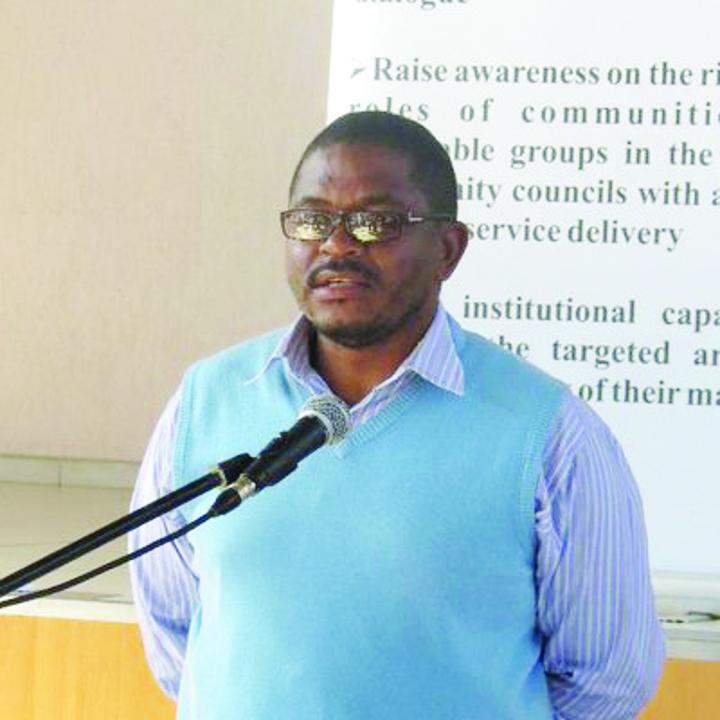Africa-Press – Lesotho. Default of Lesotho Constitution by which some human rights are not enforceable was exposed to civil society representatives during a two day training.
The workshop was organised by the Lesotho Council of Non-Governmental Organisations (LCN) with the aim to sensitise Civil Society Organisations on Universal Declaration of Human Rights (UDHR) to foster accountability of public institutions and leaders.
The facilitator, Mr Sekonyela Mapetja divulged that political rights are classified as those enforceable in the court of law while socio economic rights cannot be but only labelled as Principles of State Policy.
Reads Section 25 of the Constitution: “These principles shall not be enforceable by any court but, subject to the limits of the economic capacity and development of Lesotho, shall guide the authorities and agencies of Lesotho, and other public authorities, in the performance of their functions with a view to achieving progressively, by legislation or otherwise, the full realisation of these principles.
The said principles are economic opportunities, opportunity to work, protection of workers’ rights and interests, provision for education, protection of health, protection of children and young persons and equality and justice.
The enforceable rights and freedoms include right to life, right to personal liberty, right to respect for private and family life, right to fair trial, freedom from inhumane treatment, freedom from slavery and forced labour, freedom from arbitrary search and entry, freedom of conscience, expression, association and peace assembly.
He said as the country is heading for reforms, it is ideal to incorporate other less regarded human rights aspects. LCN said in a statement: “For these rights to be meaningful and effectively enjoyed by citizens, the civil society in Lesotho must play a pivotal role as a watchdog and mouthpiece of the nation.
Because Lesotho is a signatory to many international declarations, LCN said the initiative contributes towards limited accountability as it is not obligatory for parliament to legislate such instruments before the act of domestication.
LCN is implementing the activity through a grant funded by the Delegation of European Union to the Kingdom of Lesotho under the title called Civil Society Engagement Towards Fostering Rule of Law and Accountability in Lesotho.






